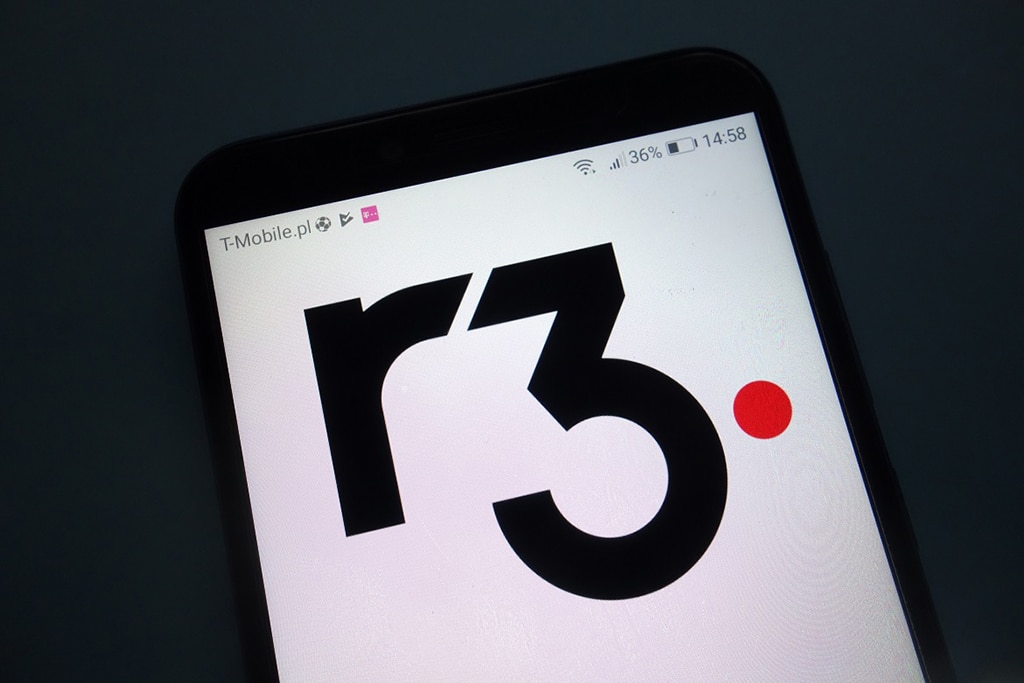Ten of the globe’s leading banks have worked with R3 to create a new service for Know Your Customer (KYC) procedure using the distributed ledger technology.
Financial innovation startup R3 and ten members of its consortium have developed a proof-of-concept for a blockchain-based KYC registry. The banks taking part in the project include CIBC, ING, Intesa Sanpaolo, US Bank, BBVA, Natixis, UBS, Nordea, Northern Trust, and Société Générale.
KYC policies are used by banks to identify and verify identities of their customers. It helps financial organizations to prevent money laundering and eliminate the risk of fraud.
However, there are still some drawbacks with the existing system. The complexity of the procedure as well as growing costs makes it more difficult to meet KYC requirements. Thus, banks have to spend large sums of money to ensure compliance with KYC standards.
According to Thomson Reuters, companies have to spend $500 million each year to provide KYC compliance because of long turnaround times, duplicative processes, and inconsistent standards.
As IBTimes reported, the new system is expected to provide an advanced security, transparency, and cost-efficiency. The service that uses the distributed ledger technology will enable participants to create and control their own identities. Also, they can let other participants to access their identities for client onboarding and KYC purposes.
Additionally, the solution provided bank customers with a single interface for managing their global identity what simplifies the onboarding process.
The trial of the proof-of-concept showed how the distributed ledger technology can help banks to satisfy basic KYC requirements of new customer onboarding. For additional validation, they can ask authoritative participants for attestations against the identity.
“The growing complexity and cost of KYC compliance requirements presents a major challenge for banks on-boarding new clients and is having a negative impact on those client relationships,” said David Rutter, the founder and CEO of R3. “Distributed ledger technology can provide a unified view of clients whilst also significantly reducing costs and time spent verifying identity.”
The partners worked together in the lab and research hub owned by R3 during a three-month period. The service is based is based on on R3’s Corda platform that was developed earlier this year with an aim of improving assets transactions among financial institutions.
The news follows R3’s recent announcement about the opening of its first dedicated distributed ledger technology (DLT) Center of Excellence in Singapore. Tim Grant, CEO of the new R3 lab, noted that the project will help the company to support Singapore as a one of the main fintech centres, and deepen its relationships with local regulatory institutions and fintech startups.

